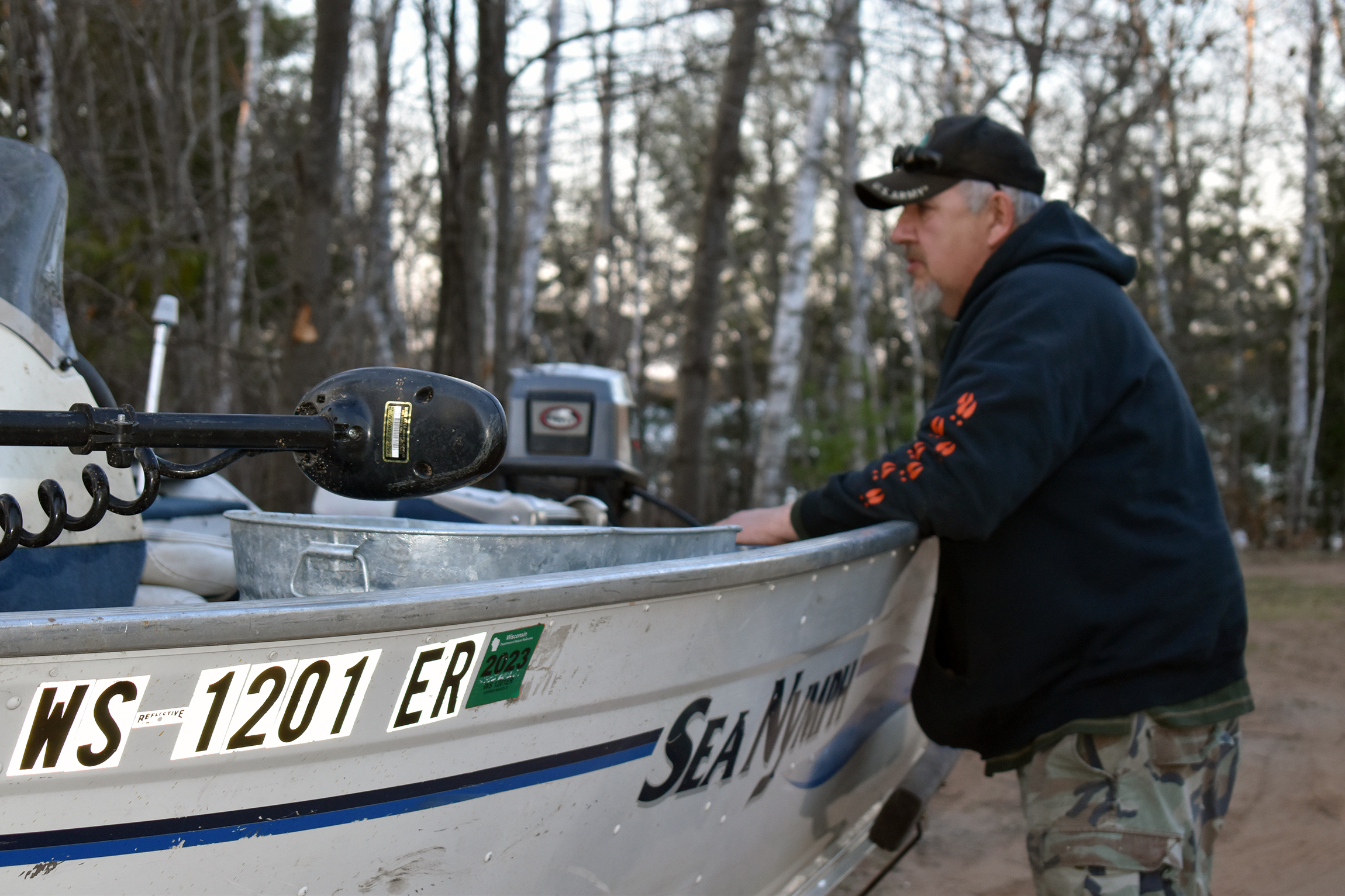If you want to turn in your boss or company for breaking the rules, you might want to make sure you know all the laws first. Our guest is a whistleblower attorney, and shares tips on how to protect yourself. For Food Friday, we learn how to make fish fry at home to honor the world’s largest one-day fish fry in Port Washington on Saturday. We also look into calls by state lawmakers to change John Doe laws in the wake of this week’s Supreme Court ruling on the probe into Governor Walker’s campaign activities.
Featured in this Show
-
Advocate Lists Things To Know Before Blowing Whistle On Wrong-Doing
Two years ago, Edward Snowden leaked hundreds of thousands of classified government documents that revealed the inner workings of the U.S. government’s security network and set off a debate about government surveillance that’s still reverberating today.
The leaks also prompted a heated debate over whistleblowing: Whether whistleblowers like Snowden are heroes or traitors and whether they are protecting democracy or endangering lives.
Closer to home, whistleblowers actively tried to bring attention to problems at a VA facility in Tomah, and faced retaliation from management before the story got into the public eye. In these and other cases, whistleblowers risk their reputations, their careers and sometimes even their lives, prompting the question: What should you know before you decide to blow the whistle?
According to Stephen Kohn, executive director of the National Whistleblowers Center, whistleblowers are the leading source of all fraud recoveries in government contracting and procurement. They’re also the No. 1 source for identifying fraud in securities industry, government contracting and when it comes to tax collection.
“So, if you want to detect that type of corruption,” said Kohn, “you must protect and encourage the whistleblower.”
Because whistleblowing can ruin careers, most employees are afraid to expose misconduct. Therefore, laws like the False Claims Act employ both a “stick” and a “carrot,” said Kohn, who also authored “The Whistleblower’s Handbook.”
The “stick” is that an employee can sue their company if they’re fired for blowing the whistle. The “carrot,” said Kohn. is “if you give the government high-quality information that documents a fraud and it’s used for a successful enforcement action, the whistleblower can collect a percentage of the monies received by the government — known as a reward.”
According to Kohn, people who expose fraud in areas such as government contracting can receive between 15 and 30 percent of the assessed fines, which could lead to very large rewards.
“(These) laws had to figure out a way to encourage workers to take that risk; to risk the destruction of their career. The way they did was by setting up a reward structure,” he said.
However, such strong protections do not apply to all industries. Protections in the areas of law and safety are weaker, said Kohn, and for people like Snowden, who works in a category called national security intelligence, protections are severely limited. Kohn said the reason is because when the first federal whistleblowing act was passed in 1978, intelligence agencies successfully lobbied to be excluded from such laws.
“If someone is working at the CIA or the NSA, they don’t have any law to protect them from blowing the whistle,” said Kohn. “Forget going to the press. Even blowing the whistle to their own supervisor; there’s no protection.”
Kohn called the exclusion of an entire class of intelligence agency workers from whistleblowing protections “a terrible mistake.”
“What do you get?” he asked. “You get all the foul ups, the foul ups leading to 9/11, the foul ups leading to the Iraq war.”
-
In Wake Of Supreme Court Ruling, State Lawmakers Call For Changes To John Doe Law
In the wake of yesterday’s Supreme Court decision to shut down a probe into Governor Walker’s campaign activities, two state lawmakers are proposing changes to Wisconsin’s John Doe laws. Central Time asks one of the lawmakers for details.
-
Before You Blow The Whistle, Know This. . .
Edward Snowden risked his career, reputation and possibly his life when he revealed the NSA’s widespread gathering of Americans’ phone and internet records. A whistleblowing expert shares what to know before taking that step.
-
The Wisconsin Fish Fry Tradition
As Port Washington celebrates the world’s largest one-day fish fry on Saturday, we take stock of how the tradition got started in Wisconsin and get advice from a chef about how to make great fish fry at home.
Episode Credits
- Rob Ferrett Host
- Veronica Rueckert Host
- Marika Suval Producer
- Stephen Kohn Guest
- Tom Tiffany Guest
- Kyle Cherek Guest
- Nick Scheeler Guest
Wisconsin Public Radio, © Copyright 2024, Board of Regents of the University of Wisconsin System and Wisconsin Educational Communications Board.

